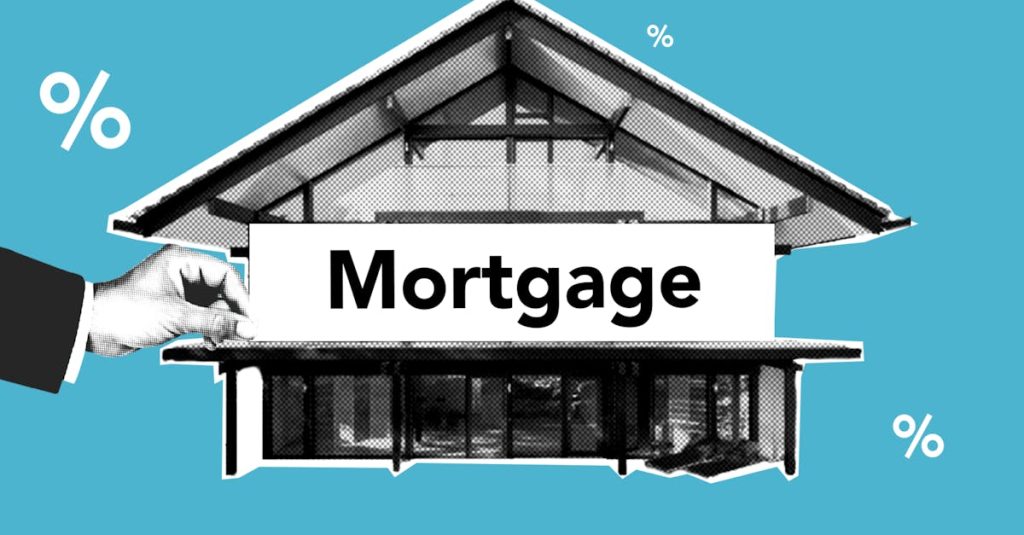Decoding the Impact of Interest Rate Hikes on Small Business Loans and Tips to Navigate Through Increased Costs
Estimated reading time: 7 minutes
- Understanding the implications of rising interest rates on small business loans.
- Actionable strategies for navigating increased costs effectively.
- The importance of financial planning in a fluctuating economic landscape.
Table of Contents
- Understanding Interest Rate Hikes
- Impact on Small Business Loans
- Strategies for Navigating Interest Rate Increases
- The Broader Economic Context
- Conclusion
Understanding Interest Rate Hikes
Interest rate hikes refer to increases in the cost of borrowing money, decided by the Federal Reserve. The most recent data from the Federal Reserve indicates that the central bank has made multiple increases throughout 2023 [source]. This tightening of monetary policy is aimed at controlling inflation, which saw significant peaks during the pandemic recovery.
How Interest Rates Are Determined
Factors influencing interest rates include:
- Inflation: Prices of goods and services rise, leading to increased rates.
- Economic Growth: Strong economic performance leads to higher interest rates.
- Monetary Policy: Actions taken by the Federal Reserve to control money supply impact rates.
For small businesses, these developments directly correlate to their financing options and costs.
Impact on Small Business Loans
As interest rates rise, small businesses face a slew of challenges:
- Increased Borrowing Costs: Higher interest rates mean higher monthly payments, making it more expensive to finance growth opportunities.
- Loan Approval Criteria Tightening: Lenders may become more conservative, leading to stricter eligibility requirements for loans.
- Reduced Access to Capital: Some businesses may find that certain loan products become too costly or inaccessible.
According to a recent report by the National Federation of Independent Business, nearly 50% of small business owners are concerned about rising interest rates affecting their financing options [source].
Specific Types of Loans Affected
Several common types of small business loans are impacted by interest rate hikes:
- SBA Loans: While often offering lower rates, these loans may still see increased interest as lender costs rise.
- Merchant Cash Advances: Typically more expensive than traditional loans, they become even less favorable when rates increase.
- Equipment Financing: Businesses looking to invest in equipment may find the total cost of financing higher due to interest rate increases.
Strategies for Navigating Interest Rate Increases
Despite the challenges posed by rising interest rates, small business owners can take several proactive steps to navigate increased costs effectively. Below are three practical insights:
1. Assess Current Financing Needs
Before seeking new financing, carefully evaluate your existing financial obligations. Understanding your cash flow and how new debt may impact your business is vital. Prioritize securing financing that aligns with your immediate goals:
- Short-term Needs: If you require quick access to capital, prioritize products like lines of credit or business credit cards.
- Long-term Investments: Equipment financing or SBA loans might be more suited for larger, long-term projects.
2. Explore Different Funding Options
Given the heightened costs of traditional loans, exploring alternative financing methods may provide more affordable options. Big Think Capital offers various products designed to support diverse business needs:
- Working Capital Advances: Suitable for urgent cash flow needs, providing quick access to funds without the lengthy approval process.
- Merchant Cash Advances: Flexible repayment options make these advances appropriate for retail businesses experiencing seasonal fluctuations.
3. Lock in Rates When Possible
In an environment of rising interest rates, locking in a favorable rate can save money over time. If you identify a loan product with reasonable terms, consider moving quickly to secure the lower interest before further increases occur.
- Refinancing Options: If you currently have loans at lower fixed rates, explore whether refinancing to a better rate is viable. This could potentially mitigate the impact of increased rates on future borrowing.
The Broader Economic Context
Increased interest rates are often indicative of broader economic challenges. The economy is experiencing a shift influenced by various factors, including inflation trends and labor market dynamics. For small businesses, staying informed about these larger economic indicators can guide financing decisions.
Keeping an Eye on Inflation
Inflation remains a concern for policymakers and small businesses alike. According to The Bureau of Labor Statistics, consumer prices rose by 5% year-on-year as of September 2023 [source]. Monitoring inflation trends allows businesses to anticipate interest rate hikes and adjust financial strategies accordingly.
The Role of Financial Planning
Developing a robust financial plan that accounts for various economic scenarios can help small business owners make better-informed decisions about financing. Consider these elements:
- Budgeting: Keep detailed records of income and expenses to optimize cash flow.
- Risk Assessment: Analyze potential risks associated with rate increases and develop mitigation strategies.
Conclusion
Navigating the complexities of rising interest rates as a small business owner requires awareness of both your financial landscape and the broader economic context. By assessing your financing needs, exploring various funding options, and remaining vigilant about economic trends, you can better position your business to thrive.
At Big Think Capital, our dedicated team is committed to helping small businesses secure the right funding solutions tailored to their unique needs. With our expertise in alternative lending products, we can provide the support you need to successfully navigate the changing financial landscape.
To learn more about our funding options or to speak with a funding expert today, visit us at bigthinkcapital.com. Partner with us as you explore funding opportunities that align with your business goals.
Frequently Asked Questions
What are interest rate hikes?
Interest rate hikes are increases in borrowing costs determined by the Federal Reserve to control inflation and influence economic conditions.
How do interest rates affect small business loans?
Higher interest rates increase borrowing costs, tighten approval criteria, and reduce access to capital, impacting small business financing options.
What strategies can small businesses use to deal with rising interest rates?
Small businesses can assess current financing needs, explore alternative funding options, and lock in favorable rates to manage rising costs effectively.






